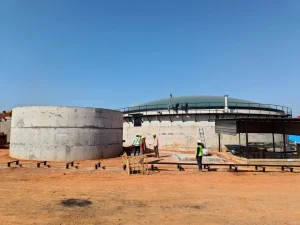
Bangalore Waste to Energy Integrated Waste Management Project: Update 2
Last week, the Bangalore International Airport Ltd team dropped into our plant to celebrate the start of something new by hosting a small Puja. An
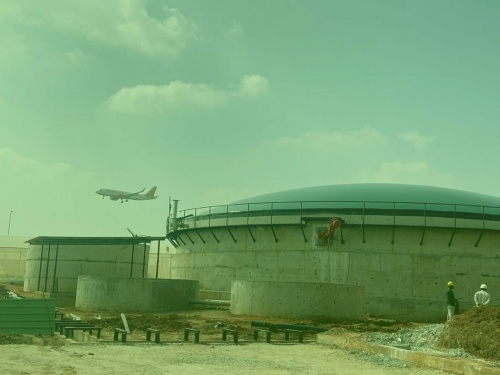
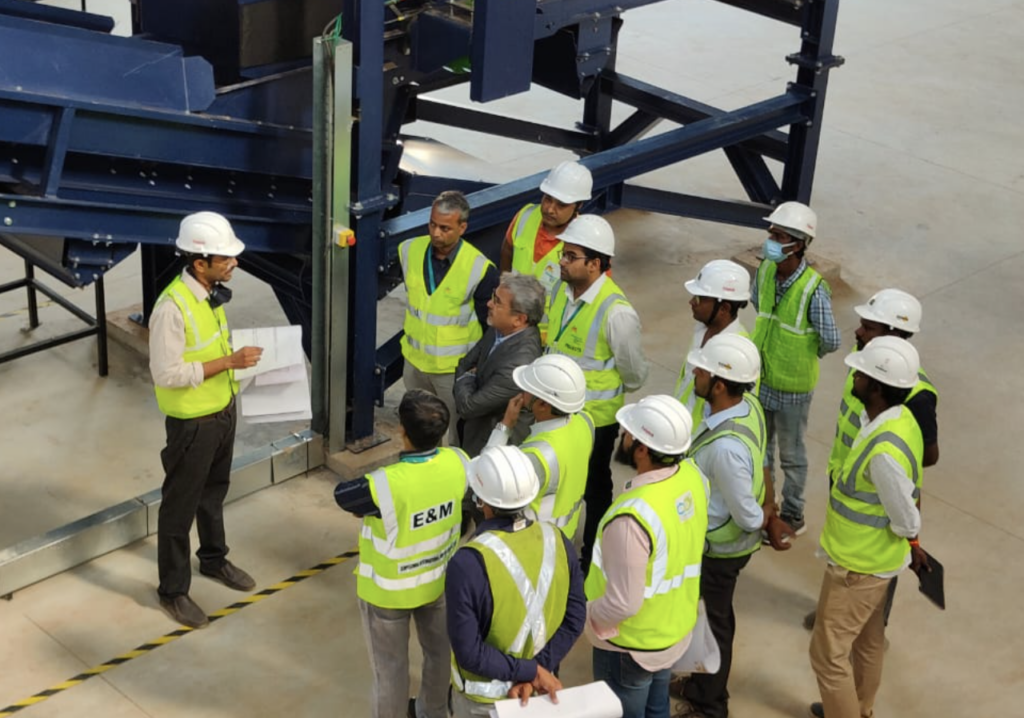
NexusNovus has pioneered India's first Integrated Waste Management Facility associated with an airport, featuring advanced capabilities and scalability. Capable of processing 20-30 TPD of waste, our facility focuses on reducing landfill waste by utilizing 60% of organic waste for biogas production and recycling 30-40% of the remaining waste. This cyclical and sustainable process ensures a closed-loop system, where waste is efficiently managed, valuable resources are recovered, and environmental impact is minimized. Designed for scalability, the facility can handle up to 50 TPD by incorporating external organic waste sources, further enhancing its waste management capabilities. With a cutting-edge sorting line enabling effective waste fraction separation and a biogas plant contributing to decarbonization efforts, NexusNovus sets a new standard in sustainable waste management solutions at airports in India
NexusNovus is committed to making a positive impact on the environment and advancing sustainable development goals (SDGs). Through continuous monitoring and proprietary software tools like ProjectIQ Navigator, we track and optimize our plant operations to meet environmental targets. Our waste management project actively contributes to waste diversion, producing renewable biofuel, reducing PM2.5 emissions, promoting circular economy practices, and facilitating a sustainable energy transition. With a focus on decarbonization, we strive to mitigate climate change and drive a low-carbon future through innovative waste management solutions and sustainable practices.


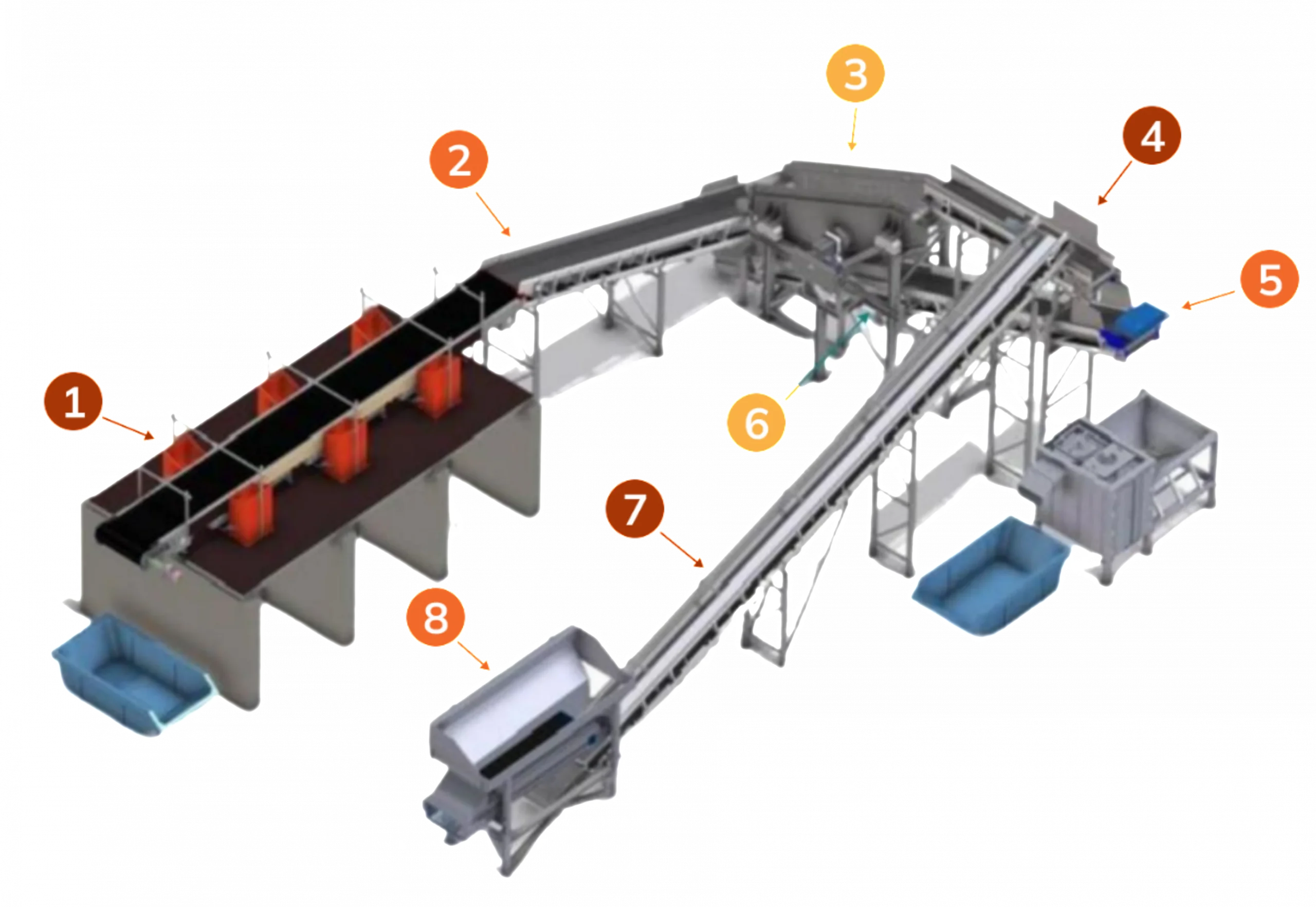
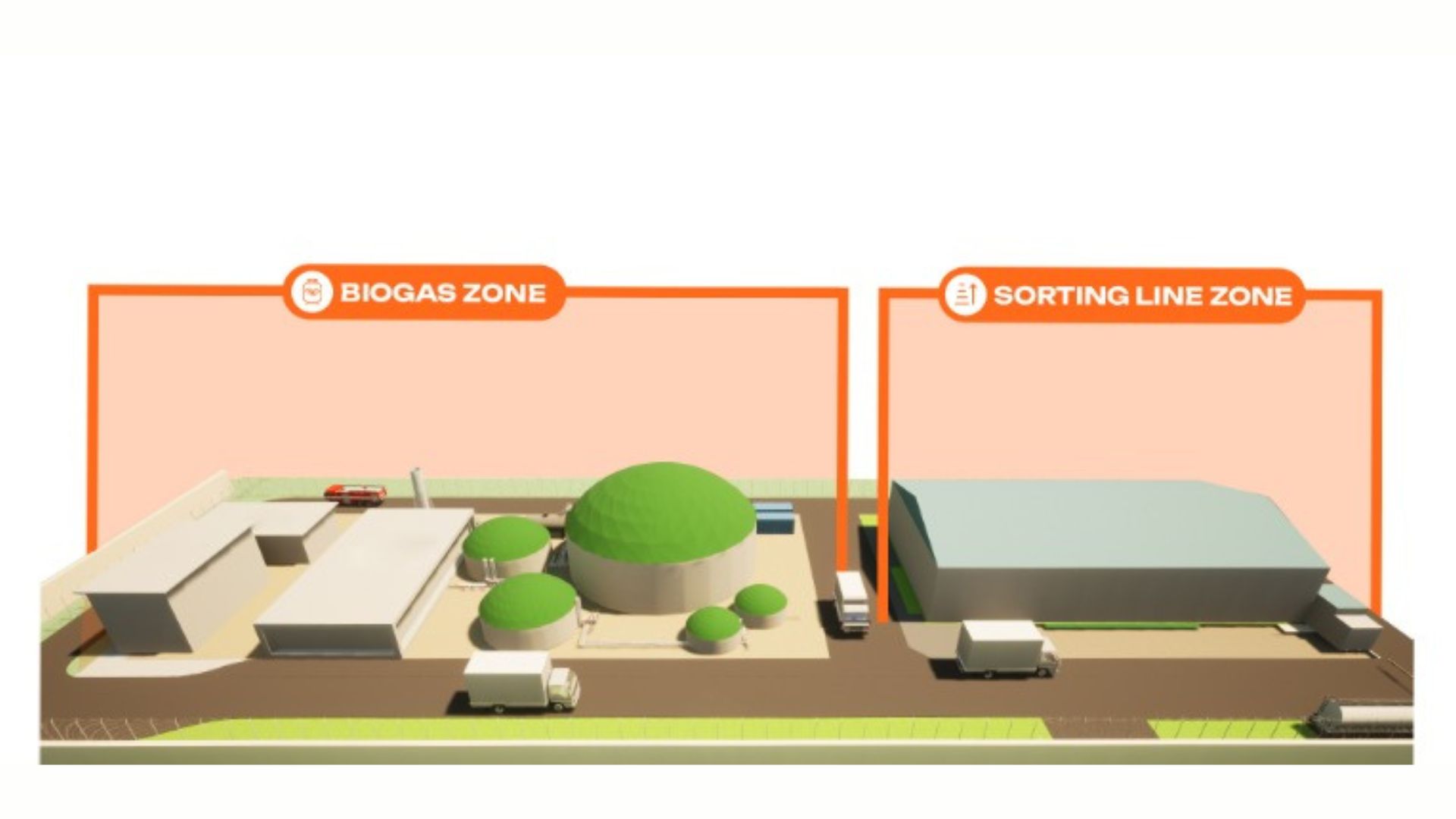
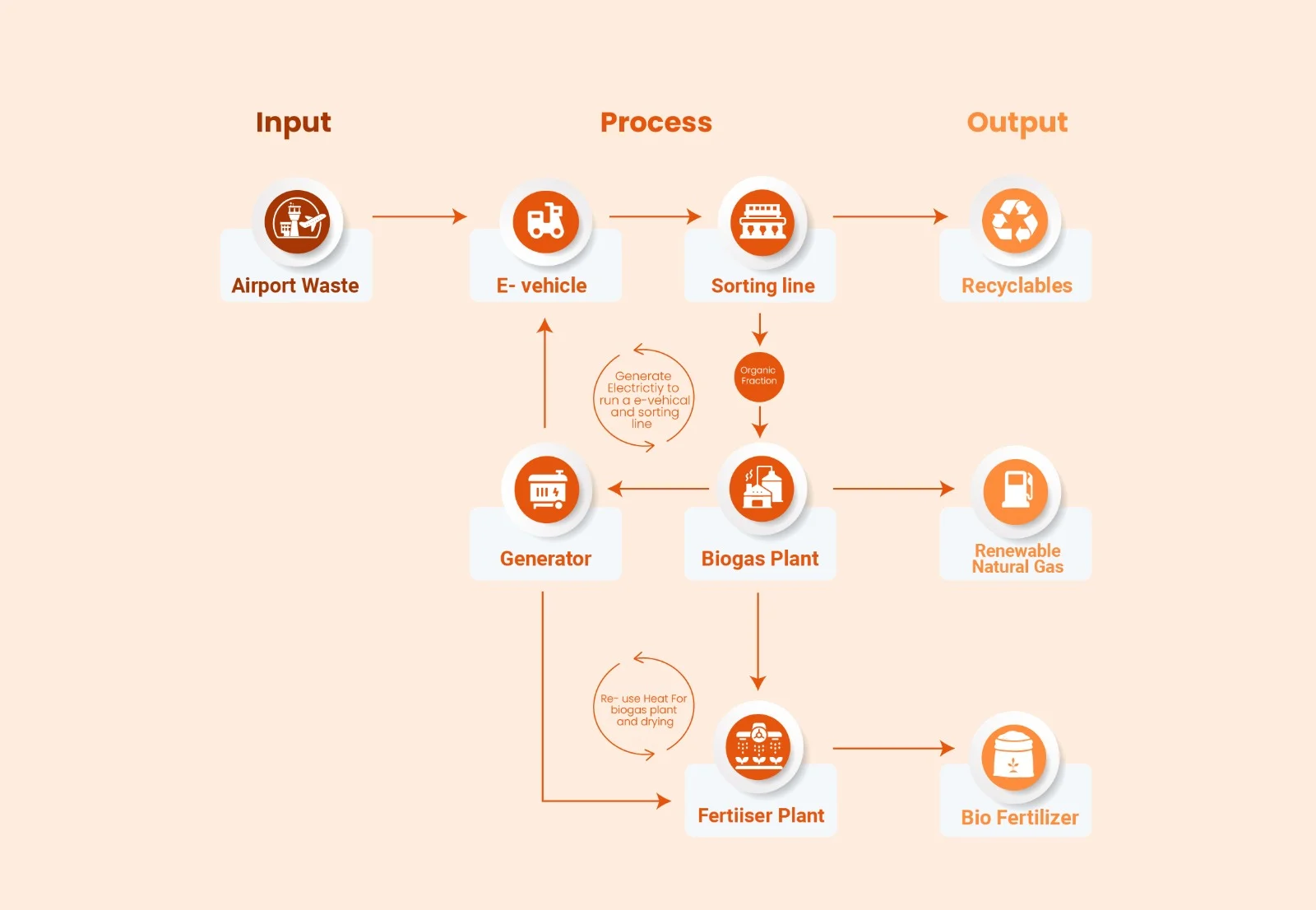
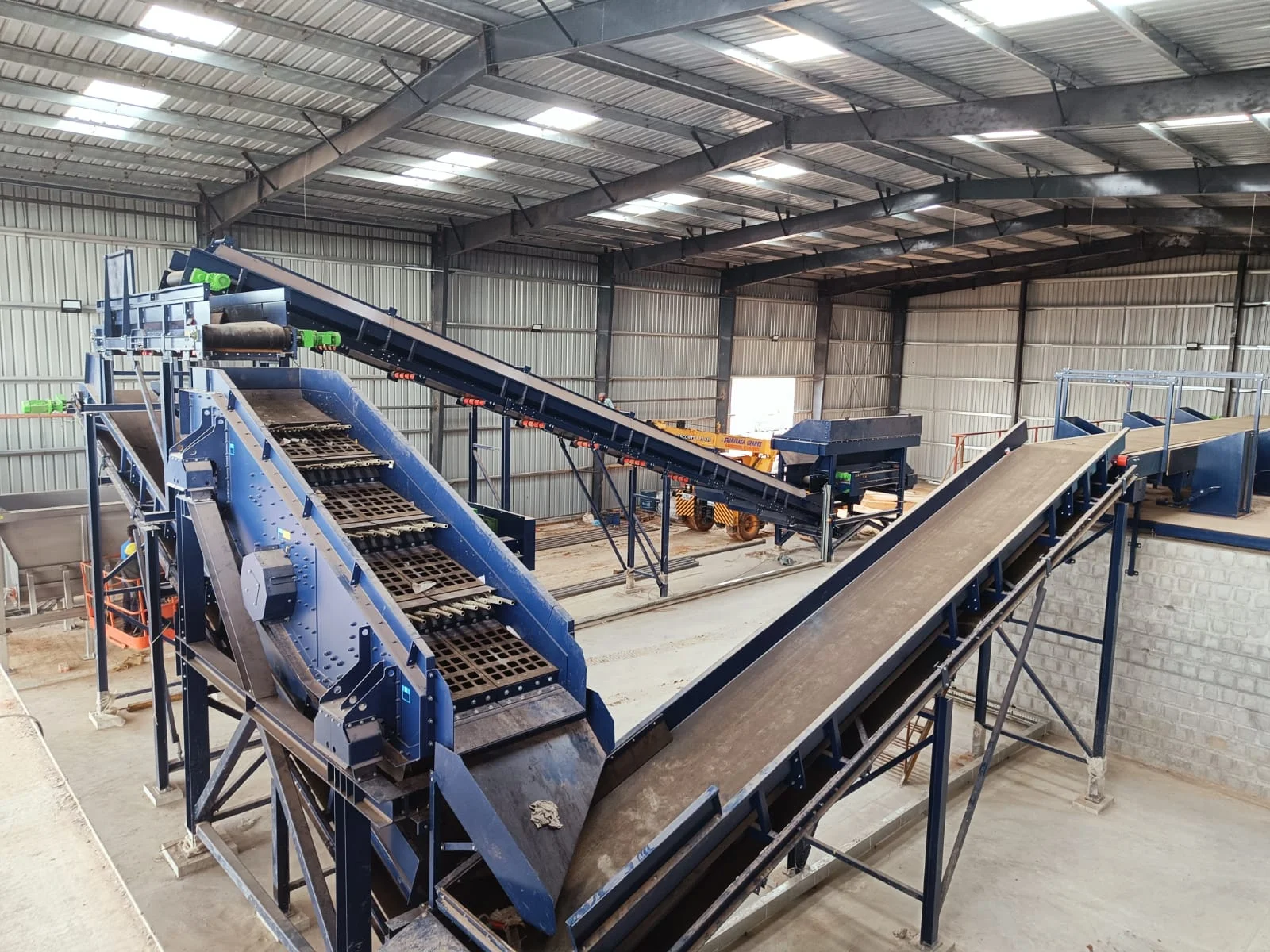
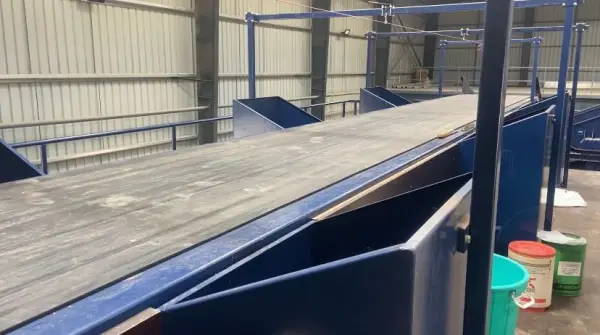
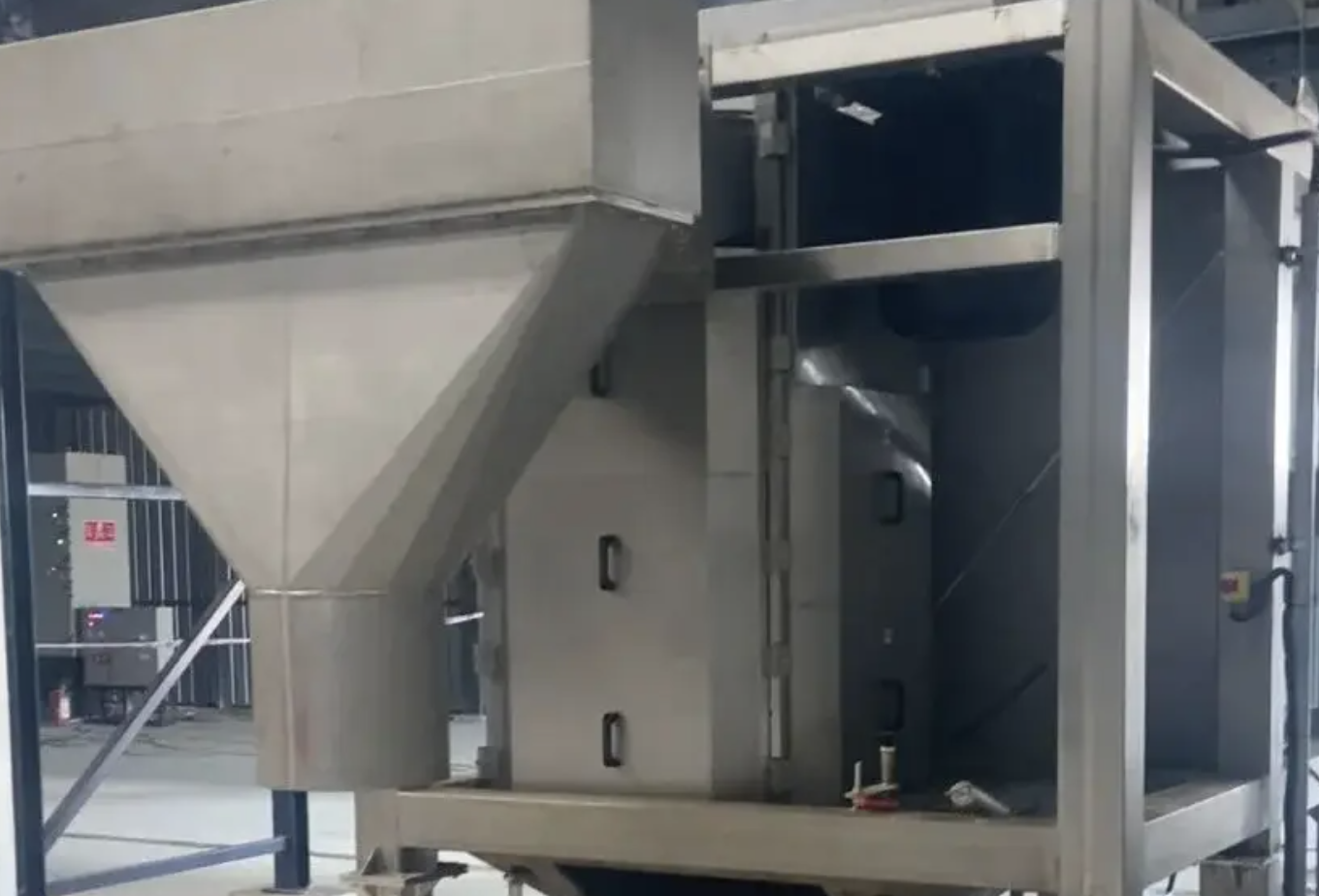
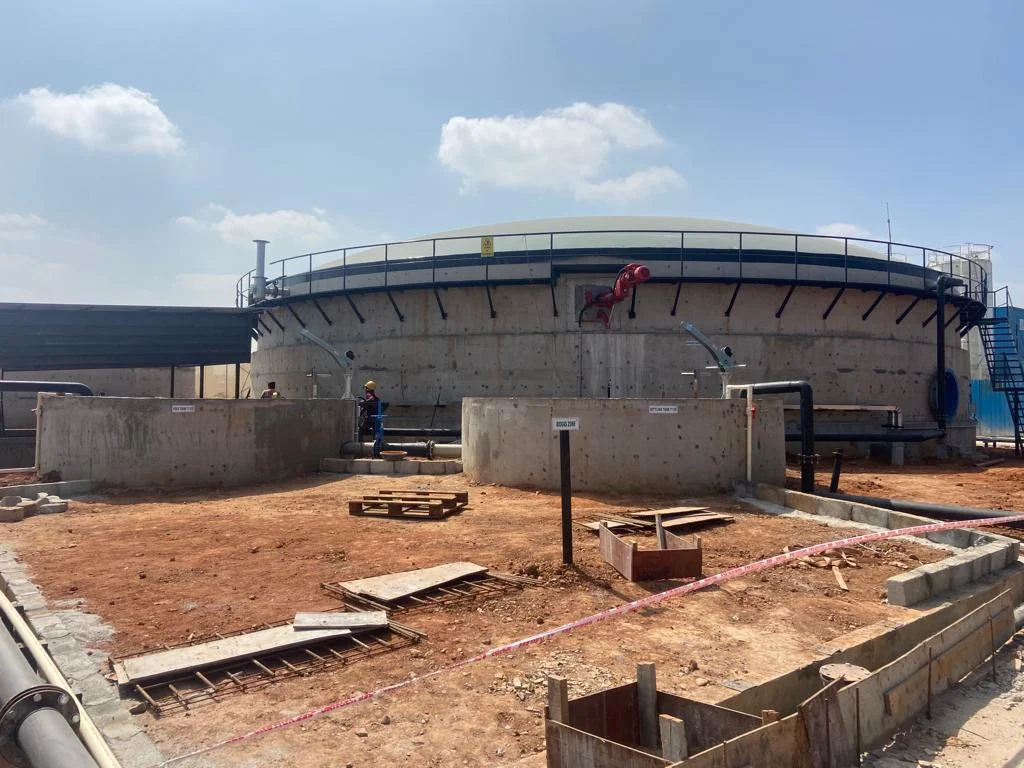
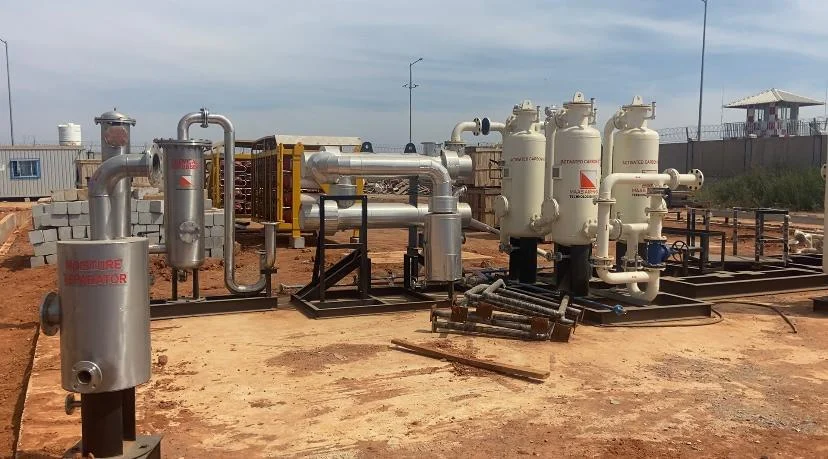


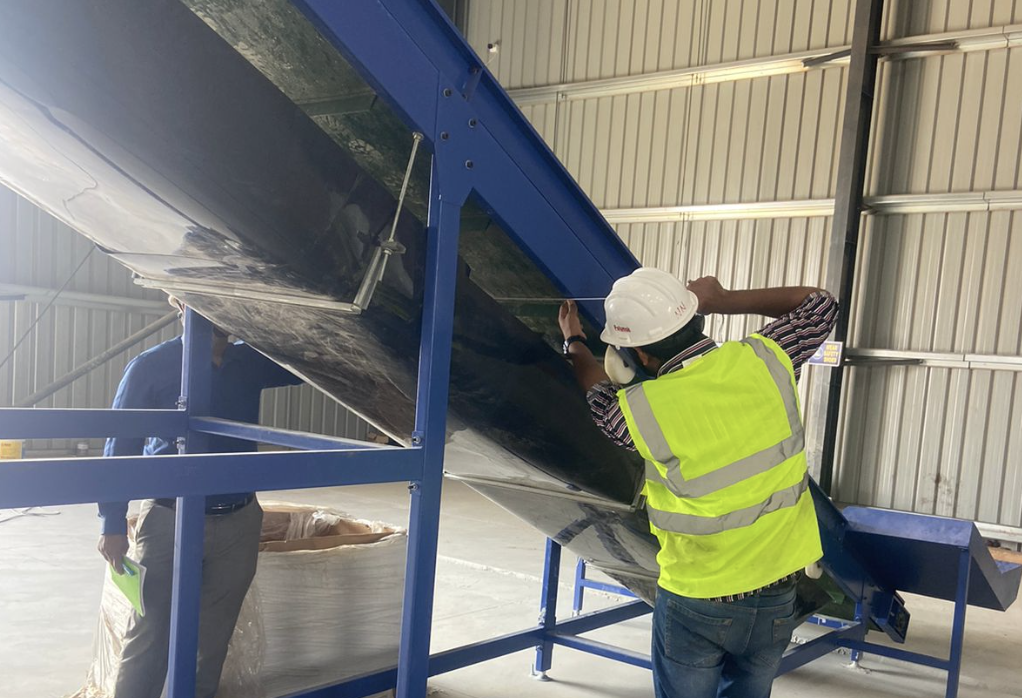
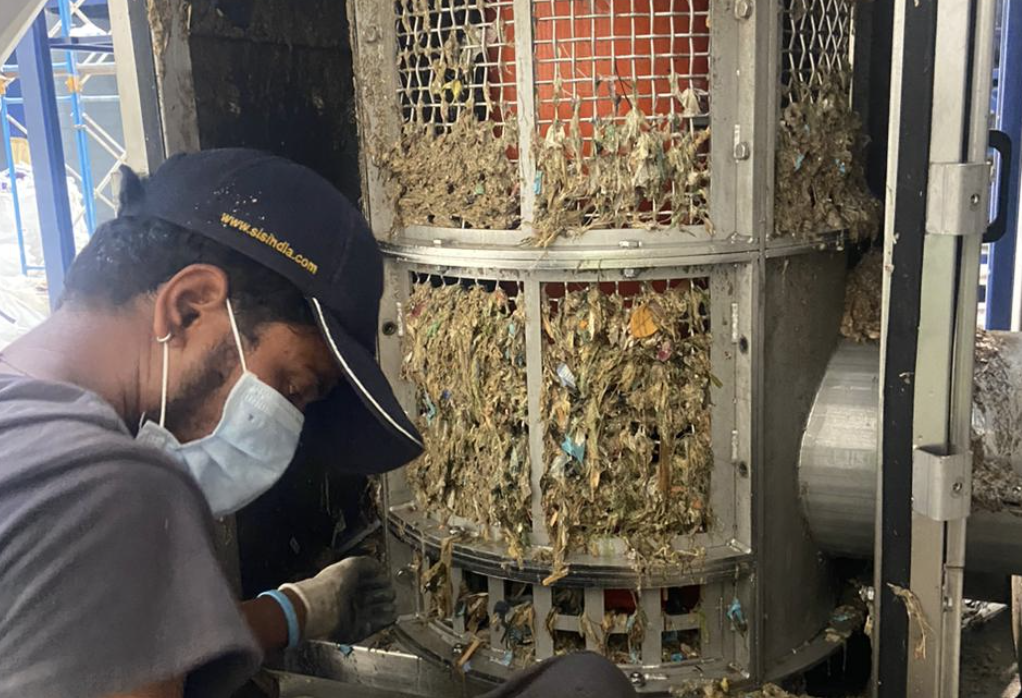
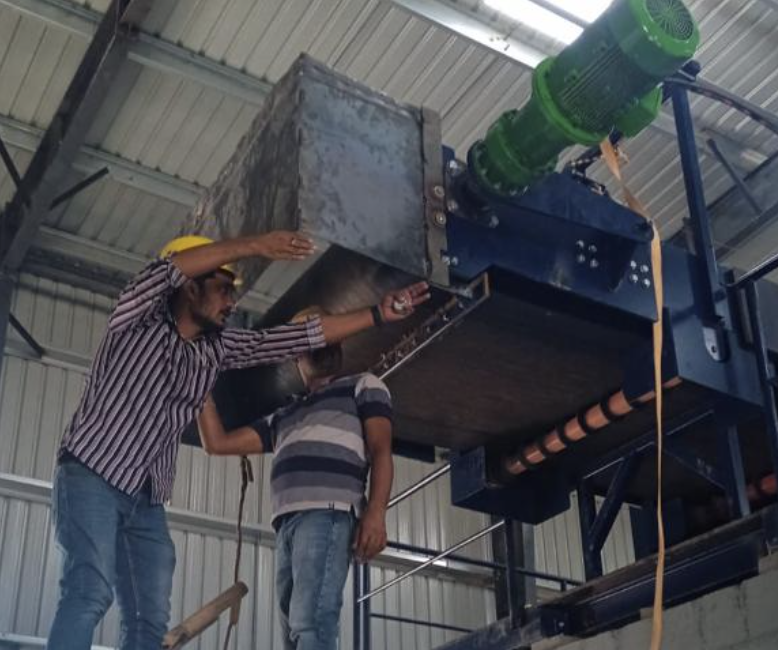
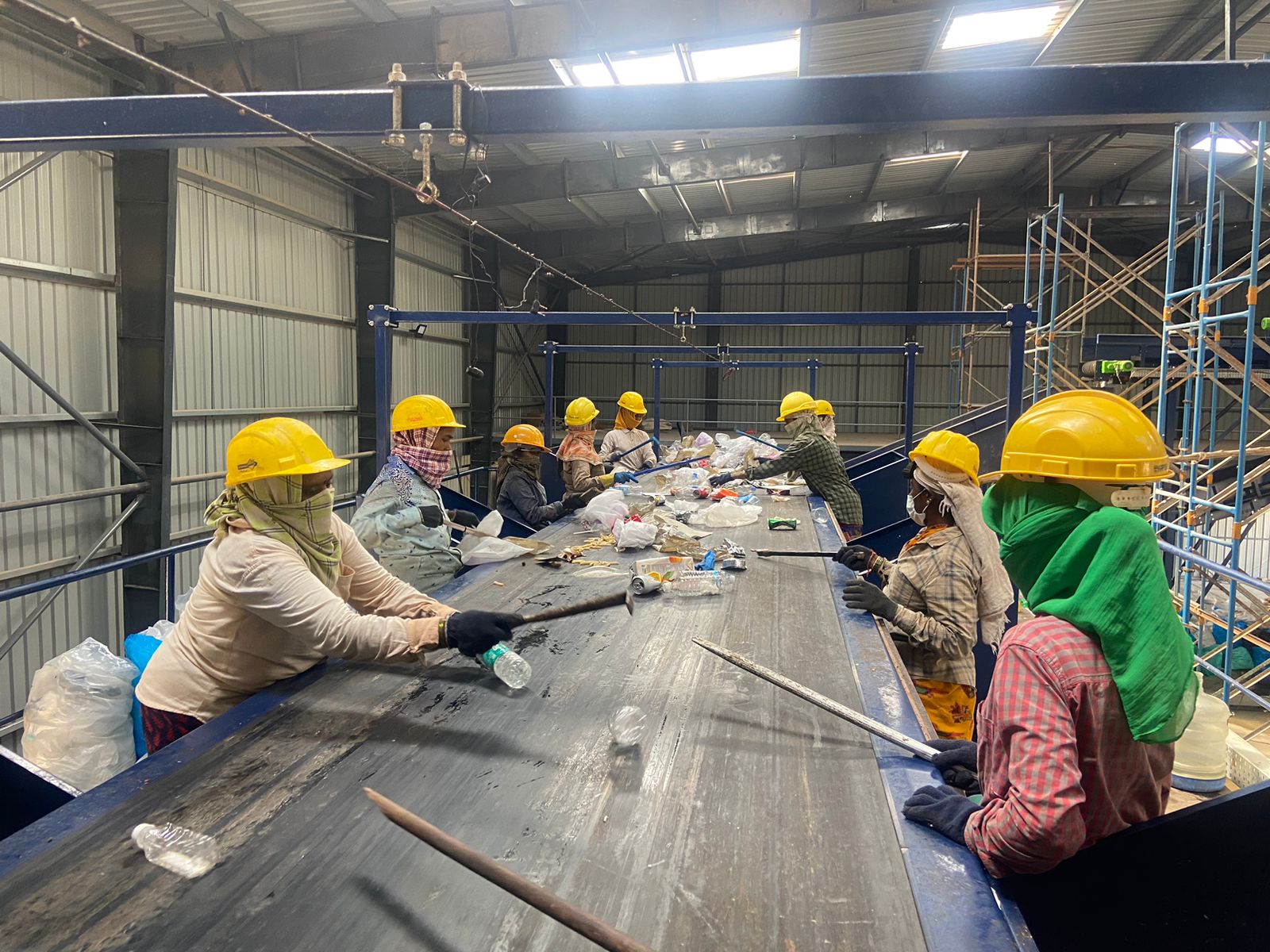
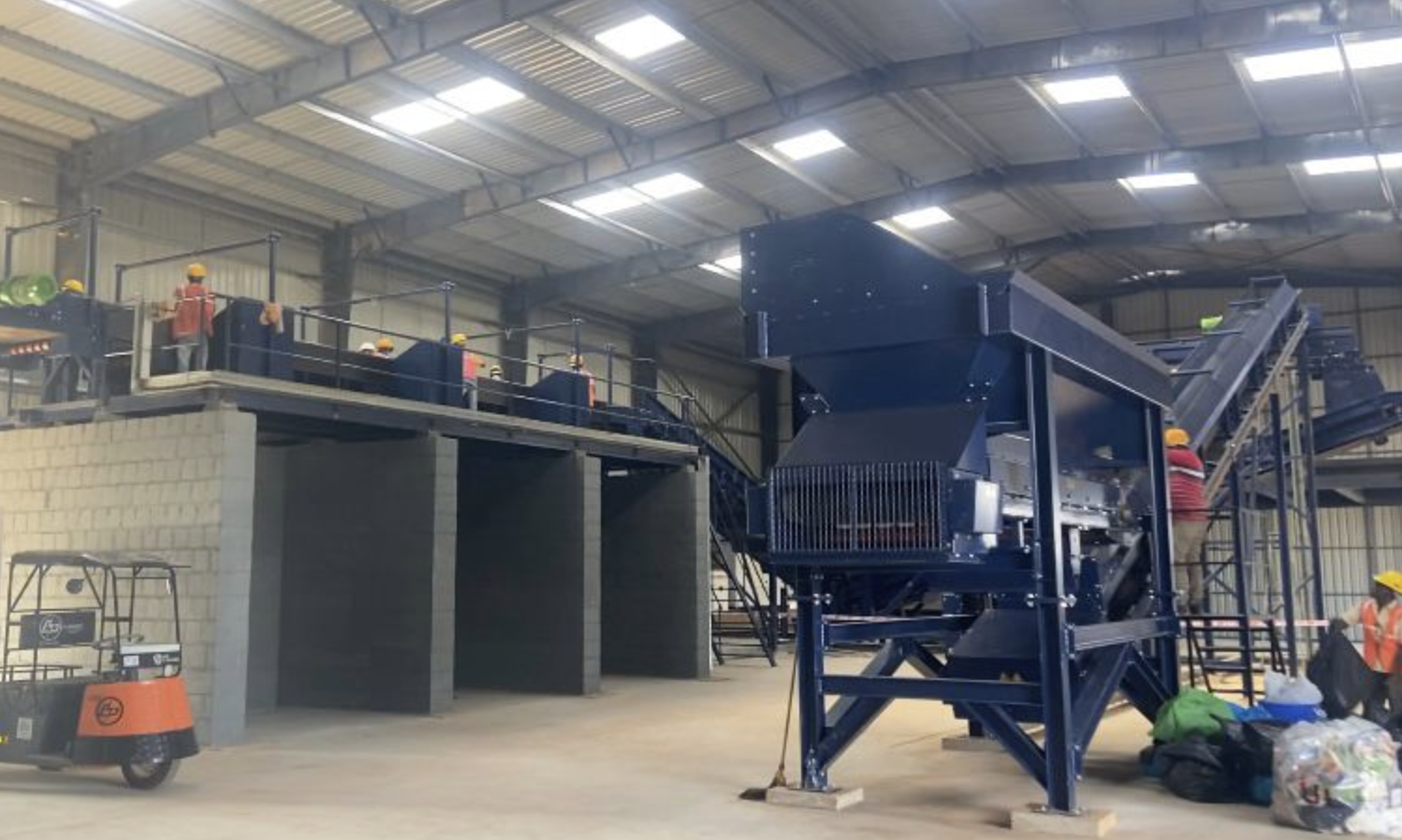
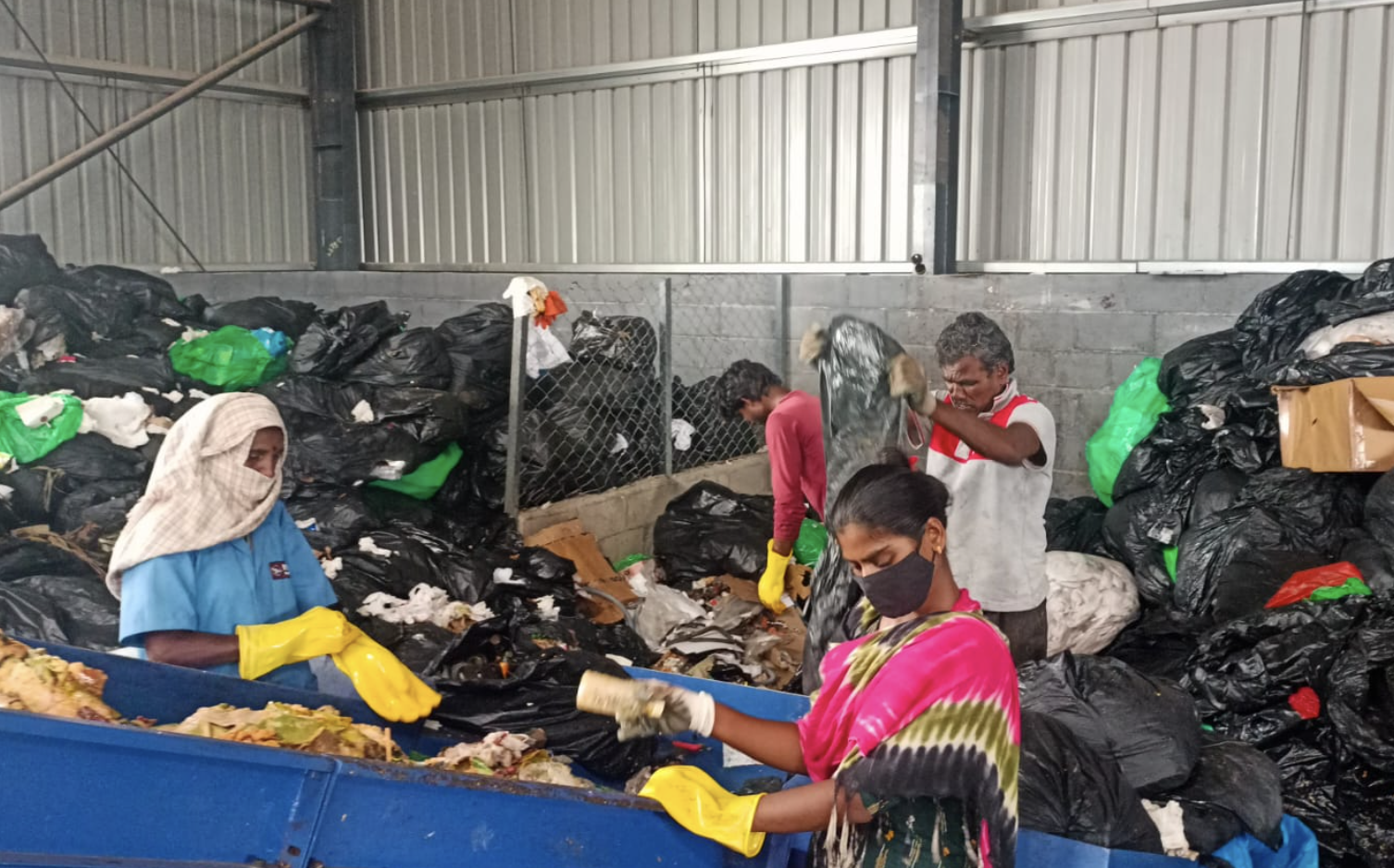
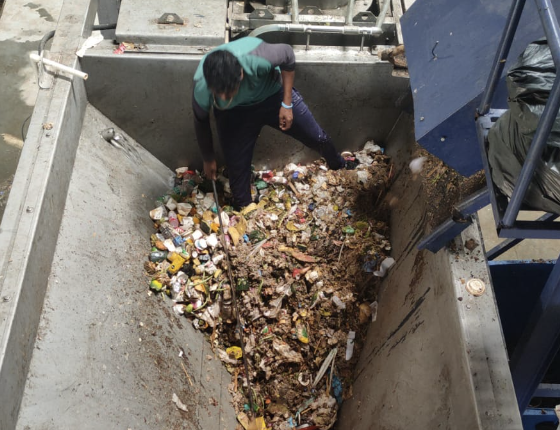
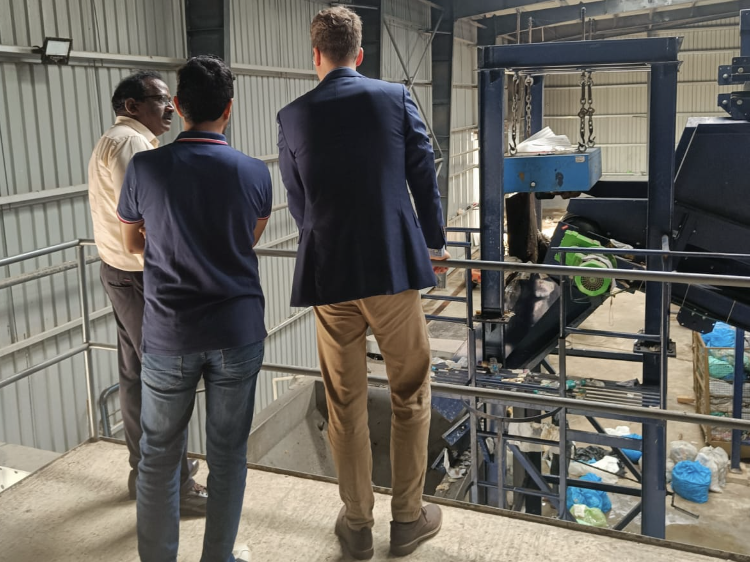
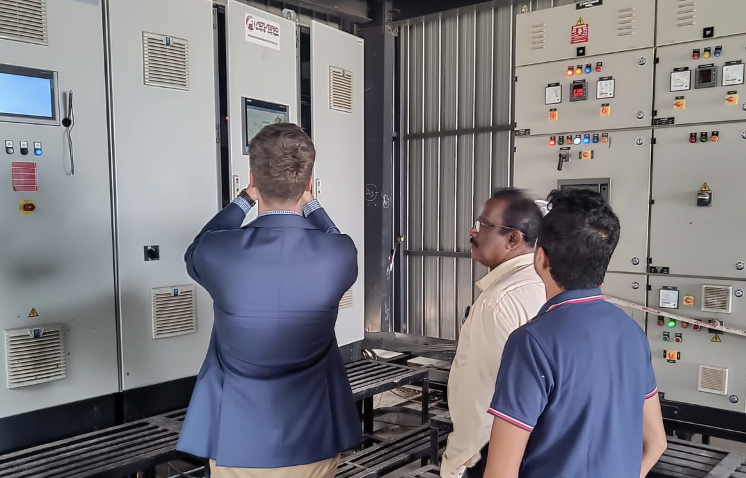
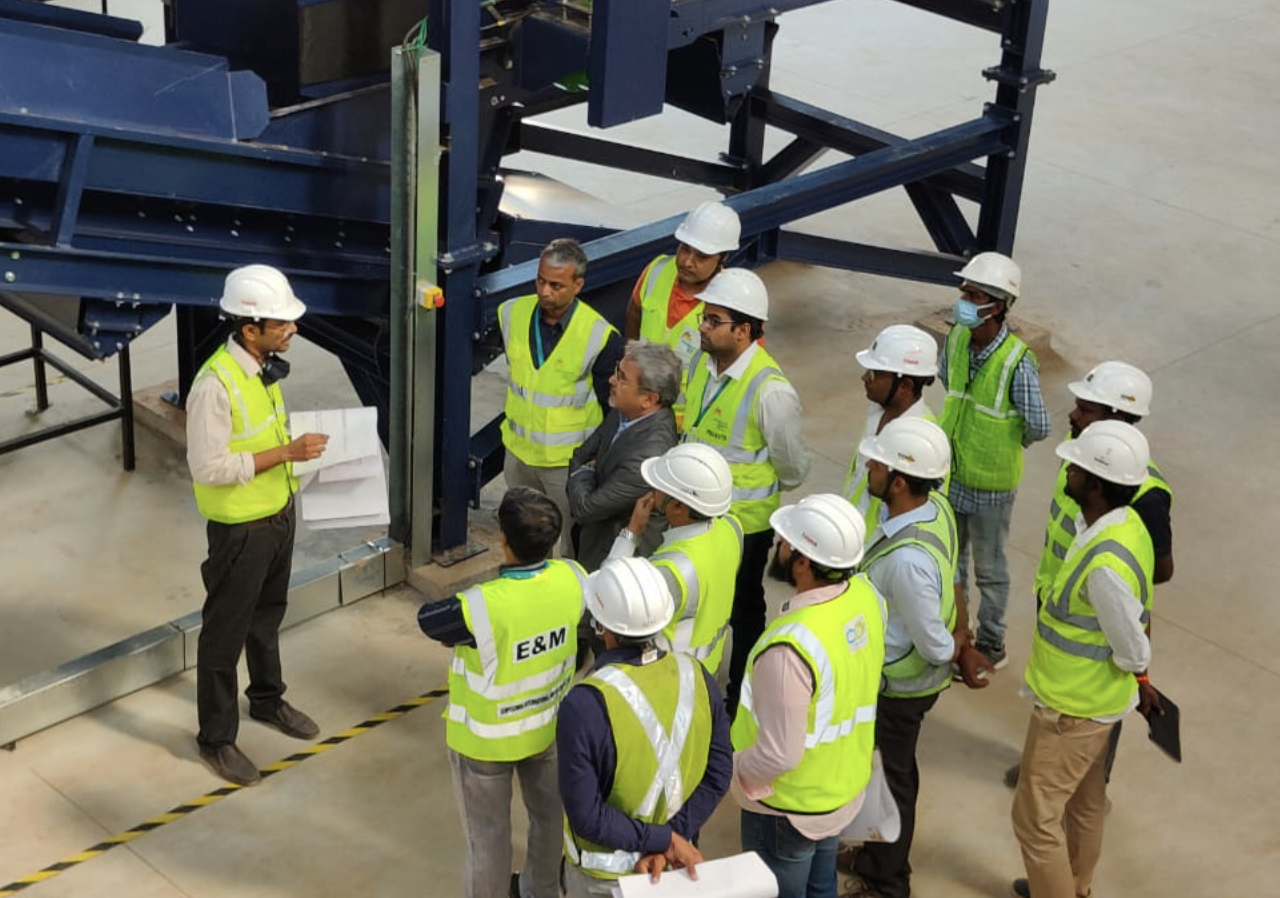

The below table highlights our waste-to-fuel project's contributions to key Sustainable Development Goals (SDGs), emphasizing our commitment to a sustainable future and inclusive growth.
Please be informed that a substantial amount of information pertaining to this project is considered highly confidential. If you are interested in obtaining further details, we kindly request you to contact us at Info@nexusnovus.com for access.

Last week, the Bangalore International Airport Ltd team dropped into our plant to celebrate the start of something new by hosting a small Puja. An
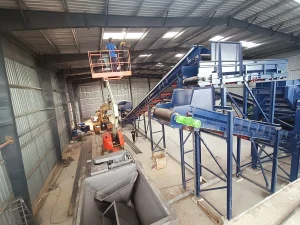
Here’s an update from our project site in Bengaluru. Our state-of-the-art biogas plant is one step closer to being completed. Our sorting lines are set,
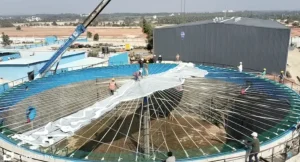
Update Time : As we come one step closer to putting together the final touches on our Biogas plant, here’s a few behind the scenes
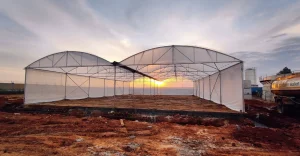
As the year comes to an end, we would like to update you one last time (for the year) on our Plant with a small
Contact Us
If you are interested in obtaining further details, we kindly request you to contact us through form below
At NexusNovus, our mission is to decarbonize the world and taking back our planet, through sustainable and innovative energy projects. We believe that by building a franchise network, we can achieve massive scale and create a better future for everyone.
Bangalore, India
Sy No 38, Banglore Aerospace Park Near Kempagowda International Airport Devanahalli, Bangalore (Rural), Karnataka 562110
De Corridor 14J Breukelen 3621 ZB Netherland
SA80 Strand St, Cape Town City Centre, Cape Town, 8001, South Africa
NexusNovus Copyright © 2023 All Rights Reserved.